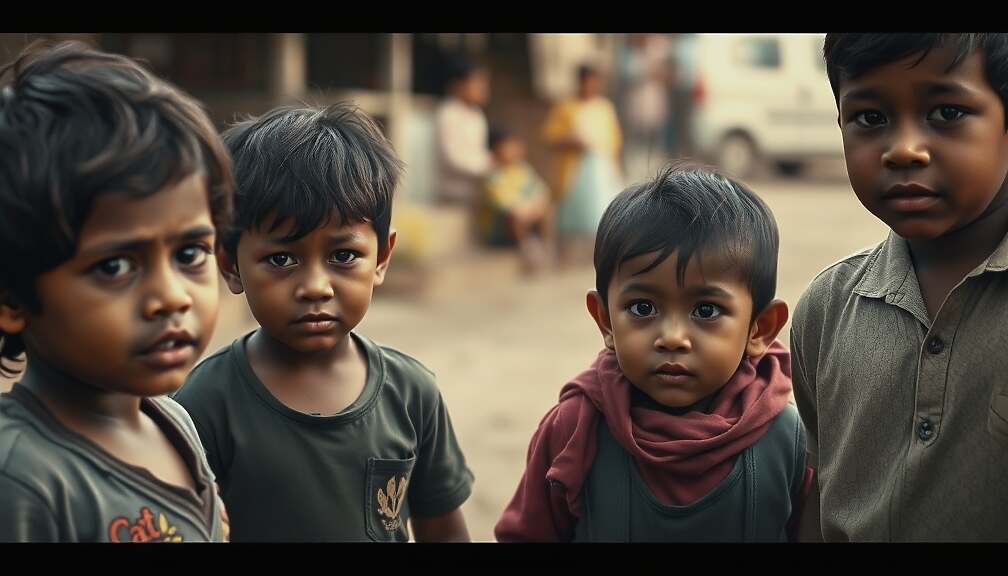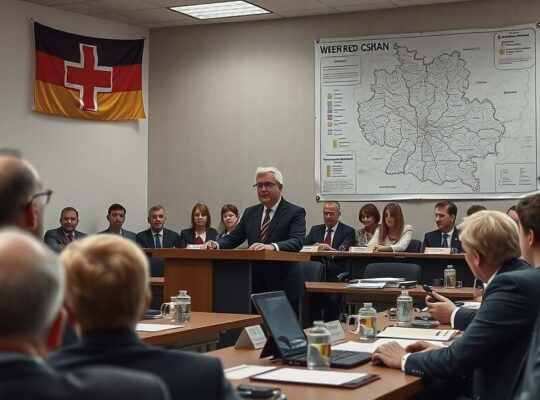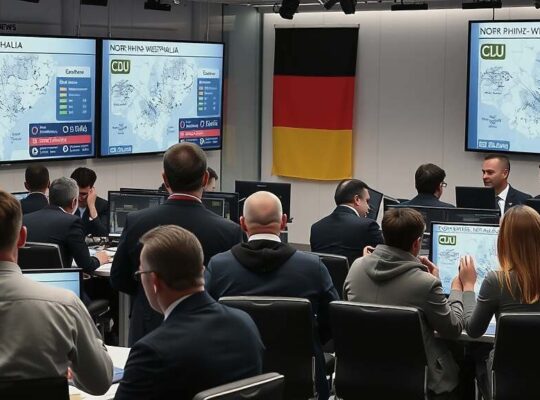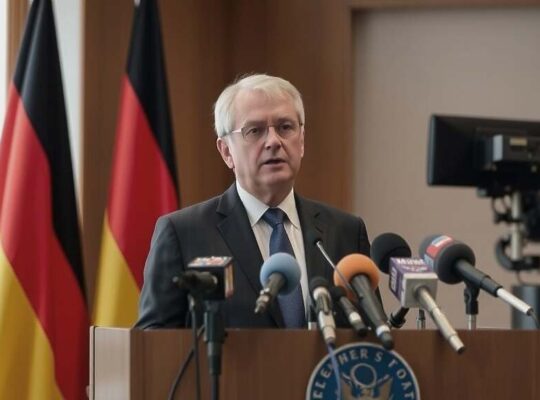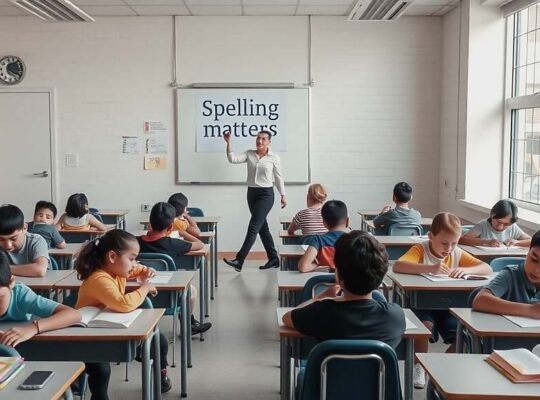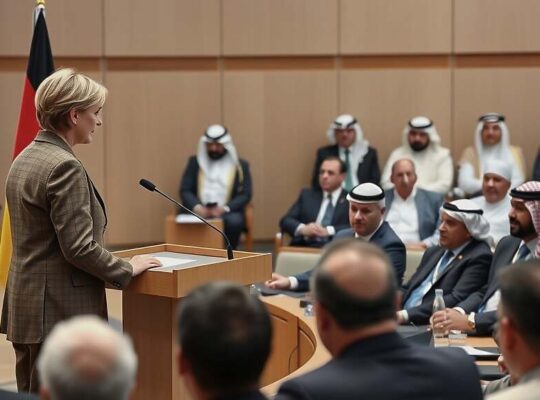North Rhine-Westphalia Offers Refuge for Injured Children from Gaza, Highlighting Federal Hesitation
While the German federal government maintains a cautious stance, the state of North Rhine-Westphalia (NRW) has announced its readiness to accept and provide medical care for injured and traumatized children arriving from Gaza.. This move underscores a growing divergence in approaches to the escalating humanitarian crisis and reveals potential friction between regional authorities and Berlin’s broader policy.
According to Nathanael Liminski, Head of the State Chancellery and NRW’s Minister for European Affairs, the state government has proactively prepared and coordinated with partner hospitals to accommodate severely wounded children and adolescents within NRW’s specialized medical facilities. The preparedness signals a willingness at the regional level that contrasts with the federal government’s public deliberations on such actions, often citing complex logistical and legal hurdles.
However, Liminski stressed that the implementation relies heavily on regional authorities creating the necessary preconditions and ensuring the children’s eventual repatriation to their families and Gaza. He explicitly pointed out that securing clear legal frameworks and organizational structures remains the responsibility of the federal government, a subtle but significant critique of Berlin’s perceived lack of decisive action. The need for repatriation guarantees highlights the sensitive political complexities of offering refuge while acknowledging the unresolved conflict and potential for future instability.
NRW’s initiative follows similar, albeit less detailed, pledges from Hamburg and Bremen, which have also expressed a willingness to contribute medical resources for children affected by the ongoing violence. Furthermore, Lower Saxony’s Minister President Olaf Lies previously voiced support for accepting children from both Gaza and Israel, demonstrating a broader sentiment within the German political landscape advocating for humanitarian assistance beyond stringent federal protocols.
The NRW announcement positions a crucial question: whether regional entities, driven by humanitarian concerns and local capacity, will increasingly take the lead in responding to international crises while the federal government navigates politically charged considerations. The differing responses also highlight the challenge of balancing humanitarian obligations with practical and legal realities and signal a growing tension around the appropriate level of German engagement in the ongoing conflict.


